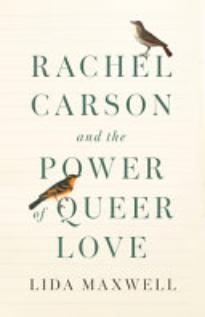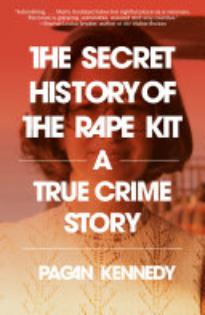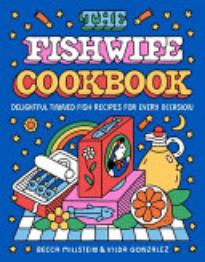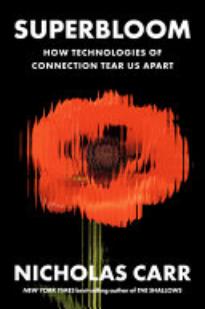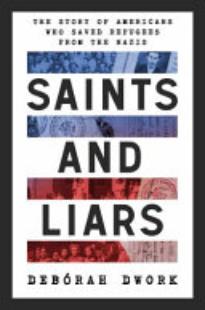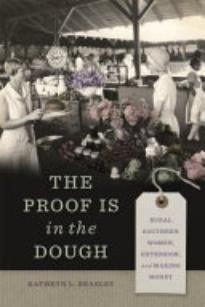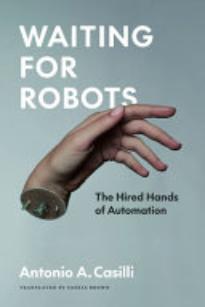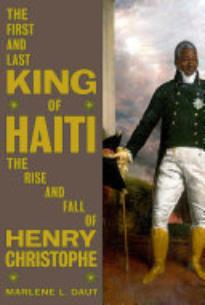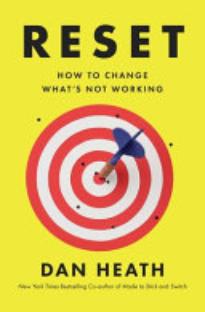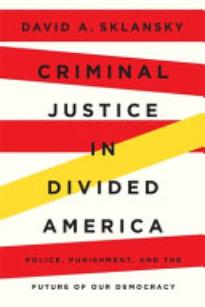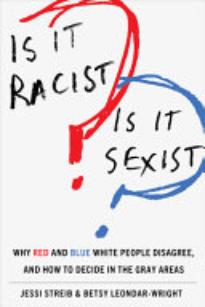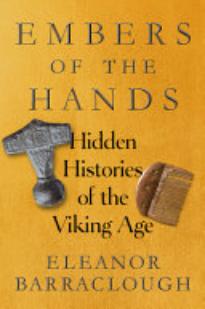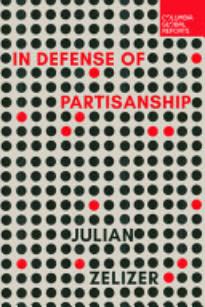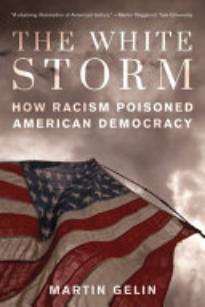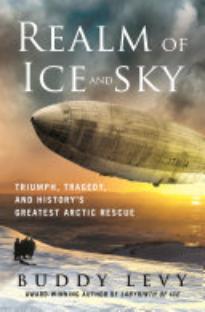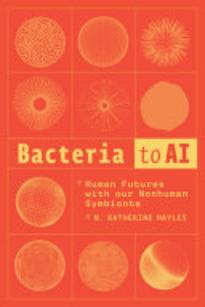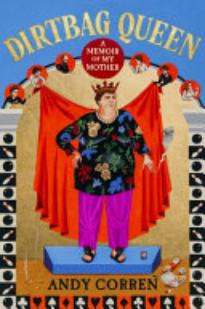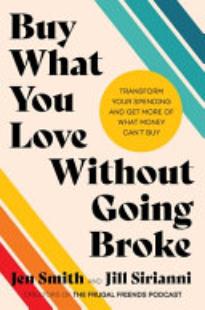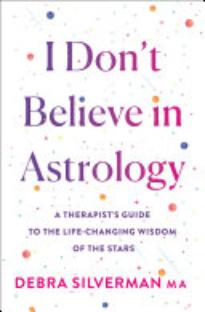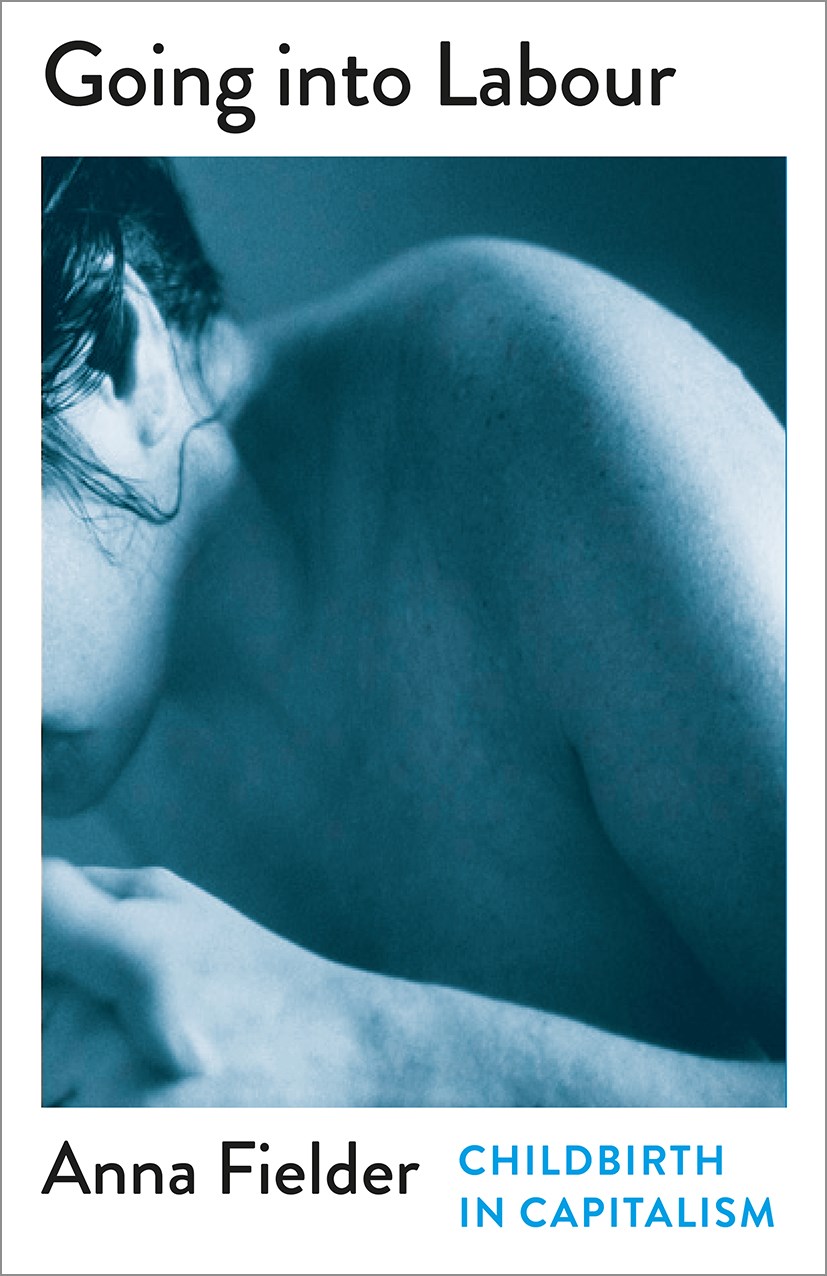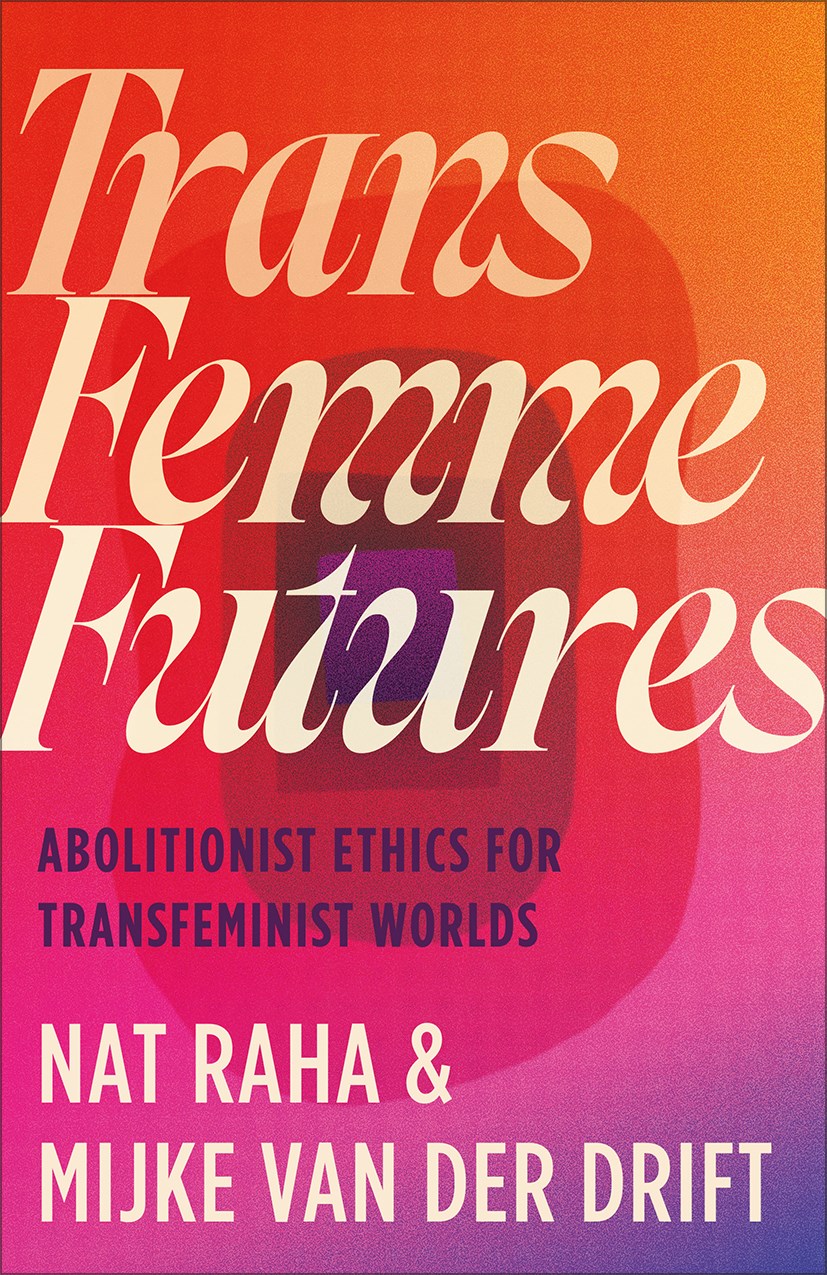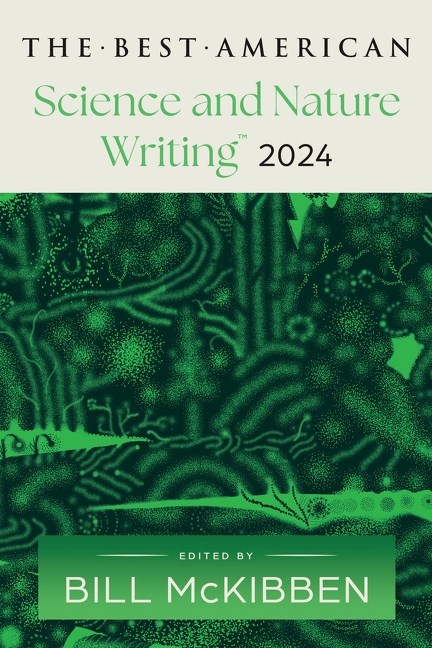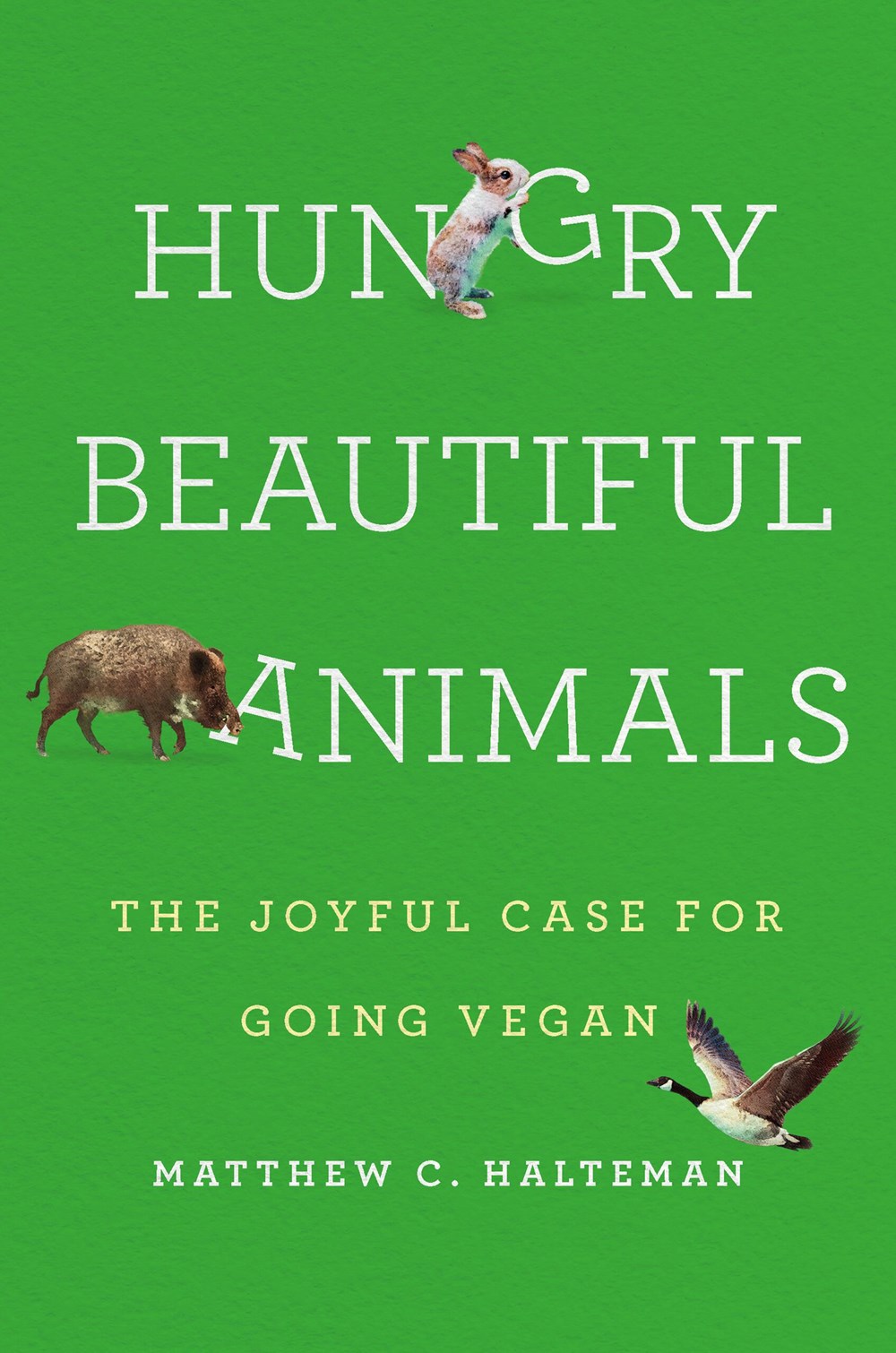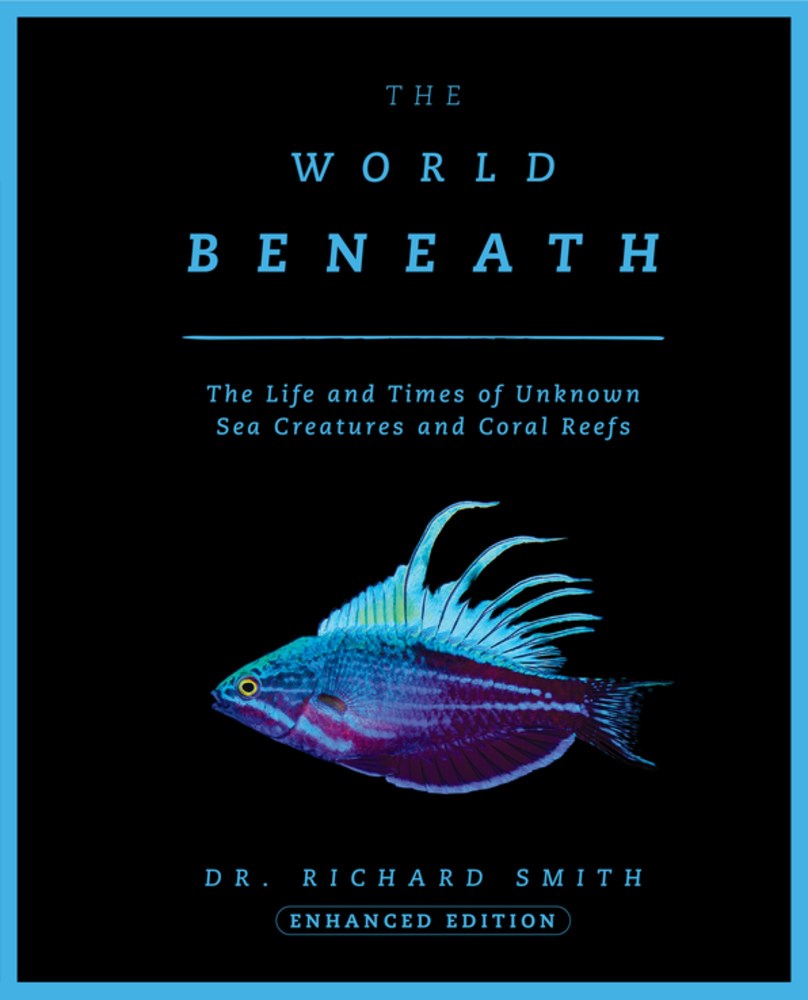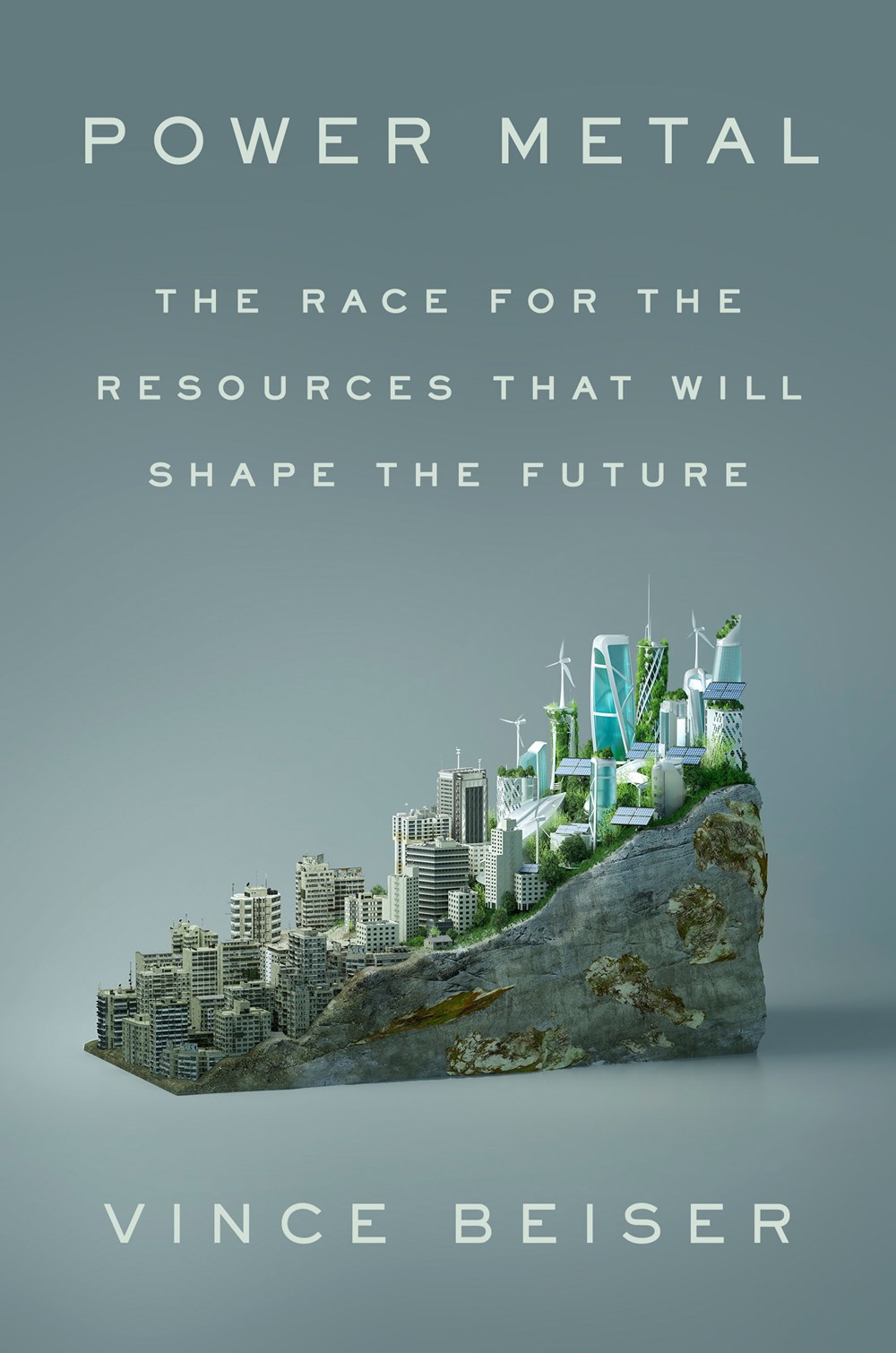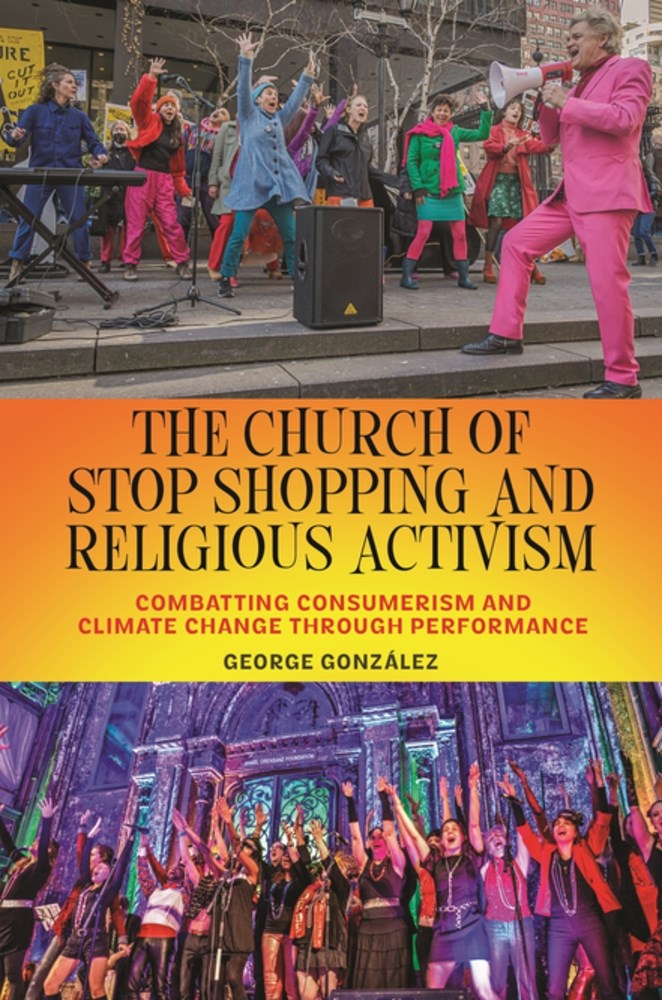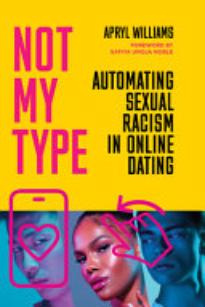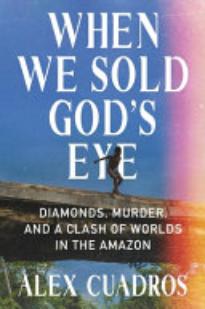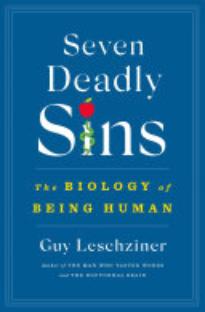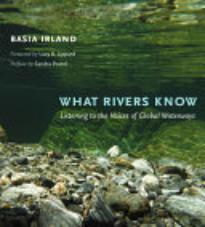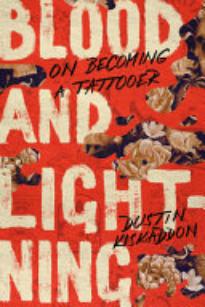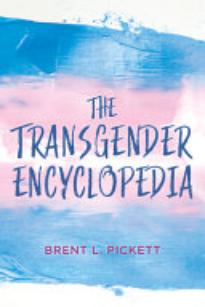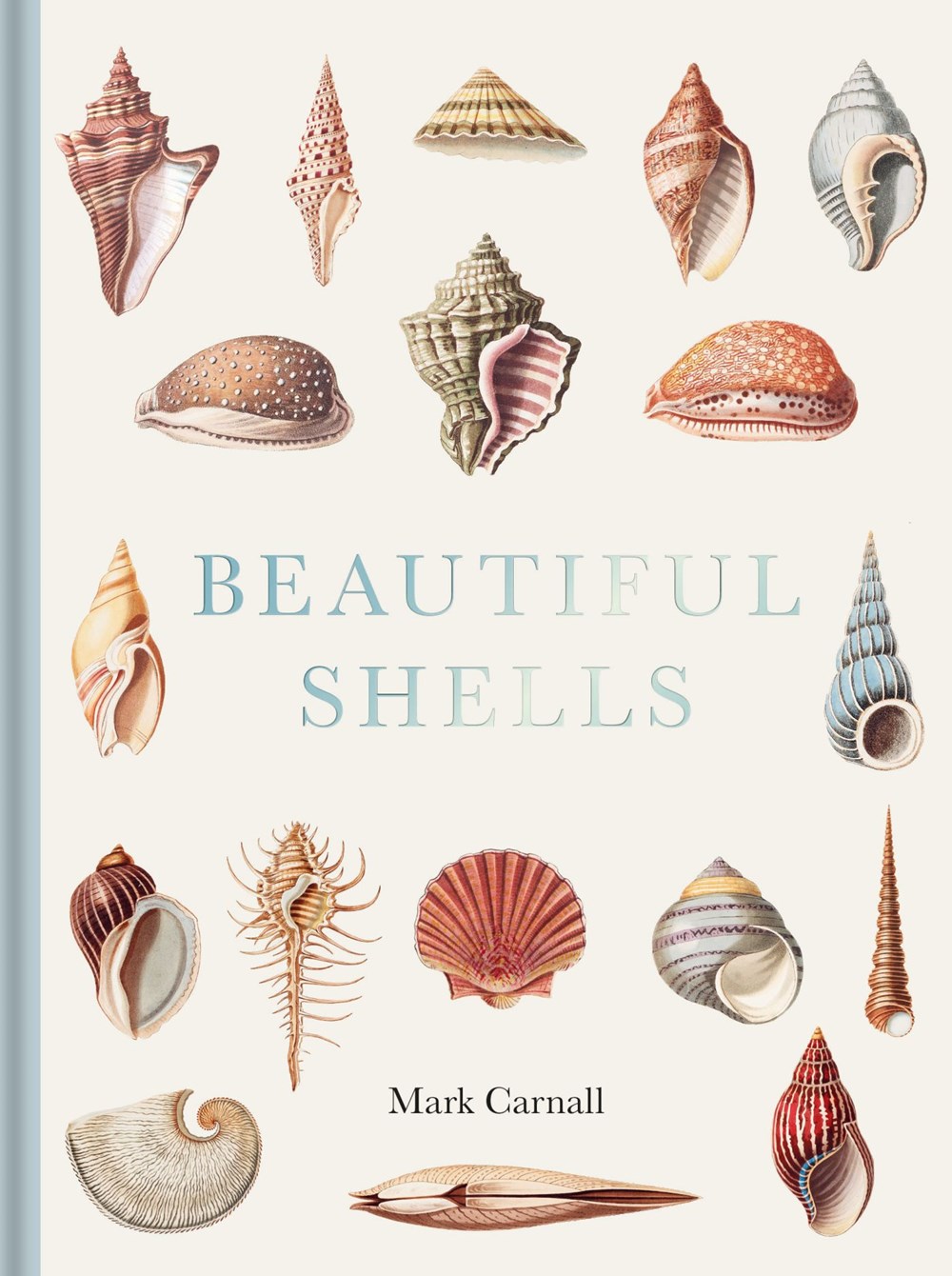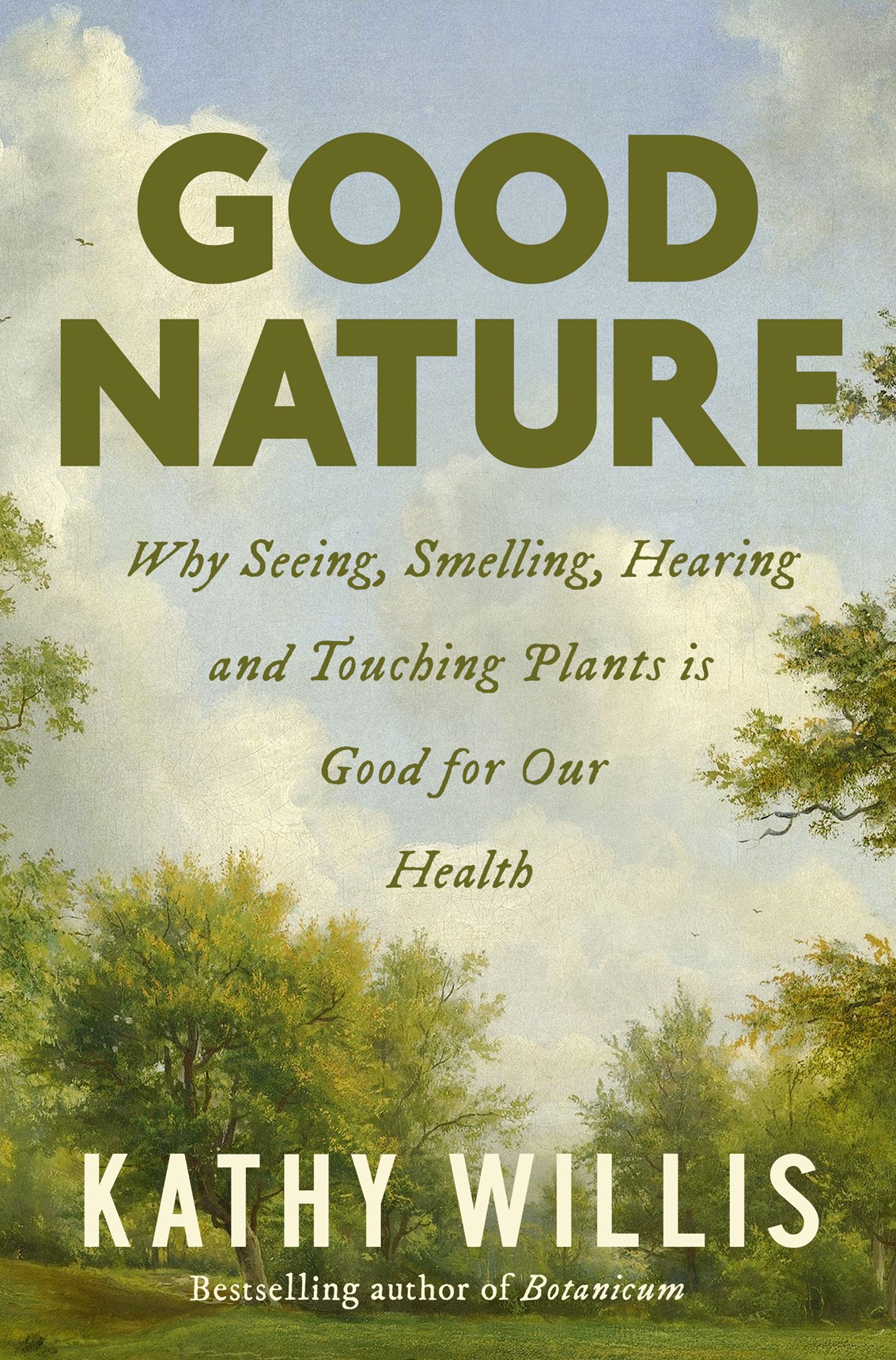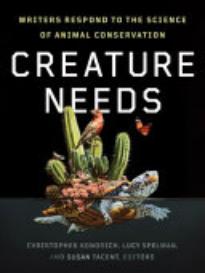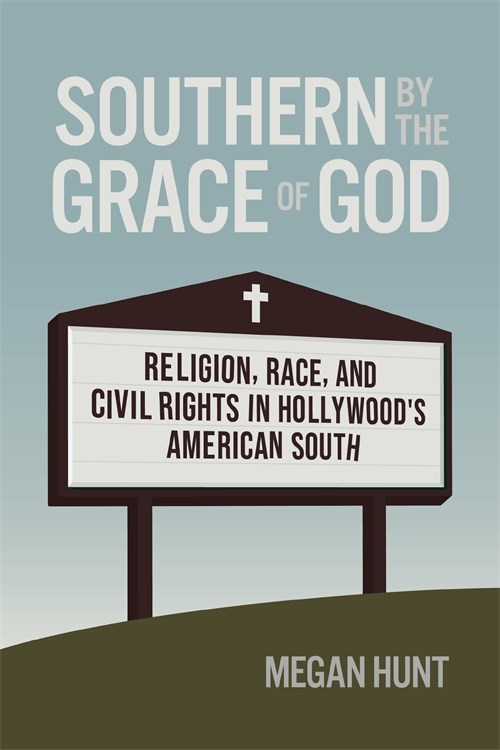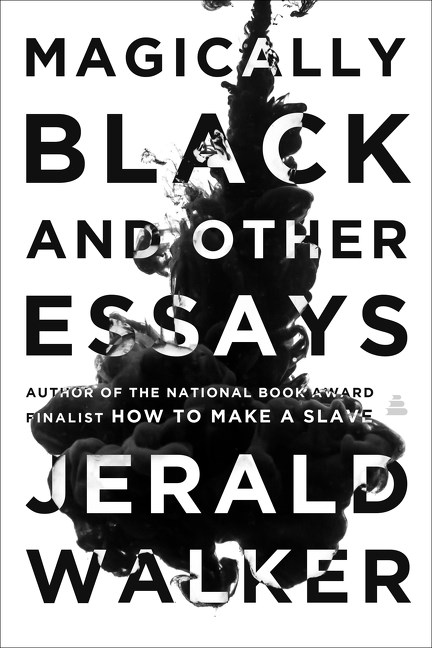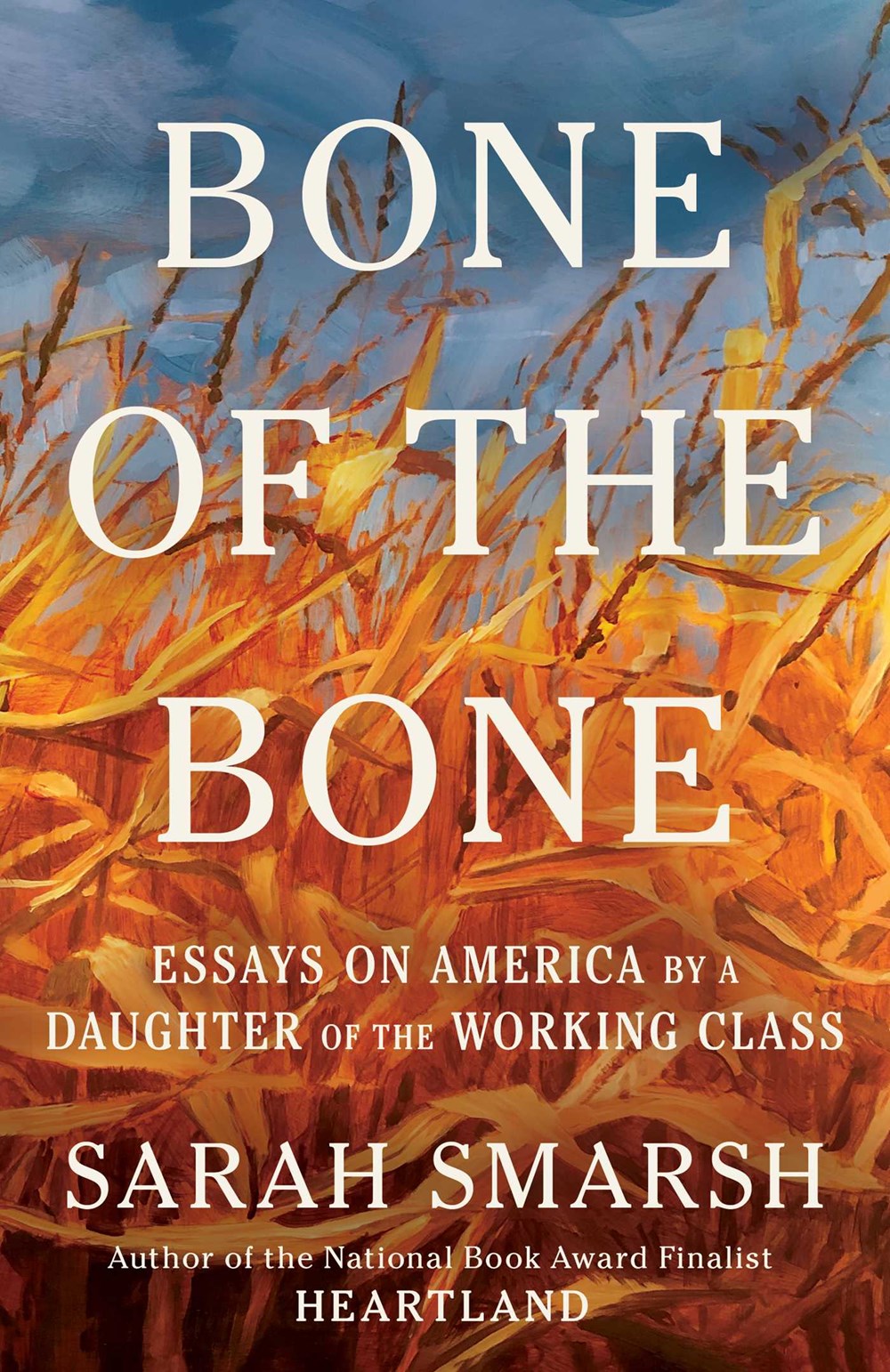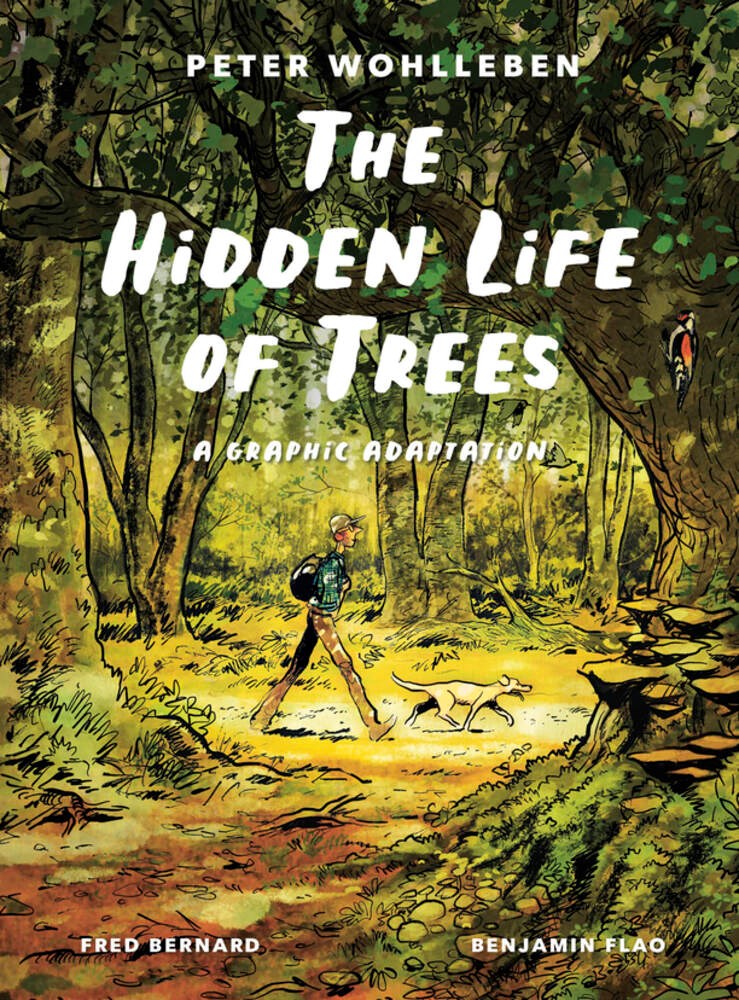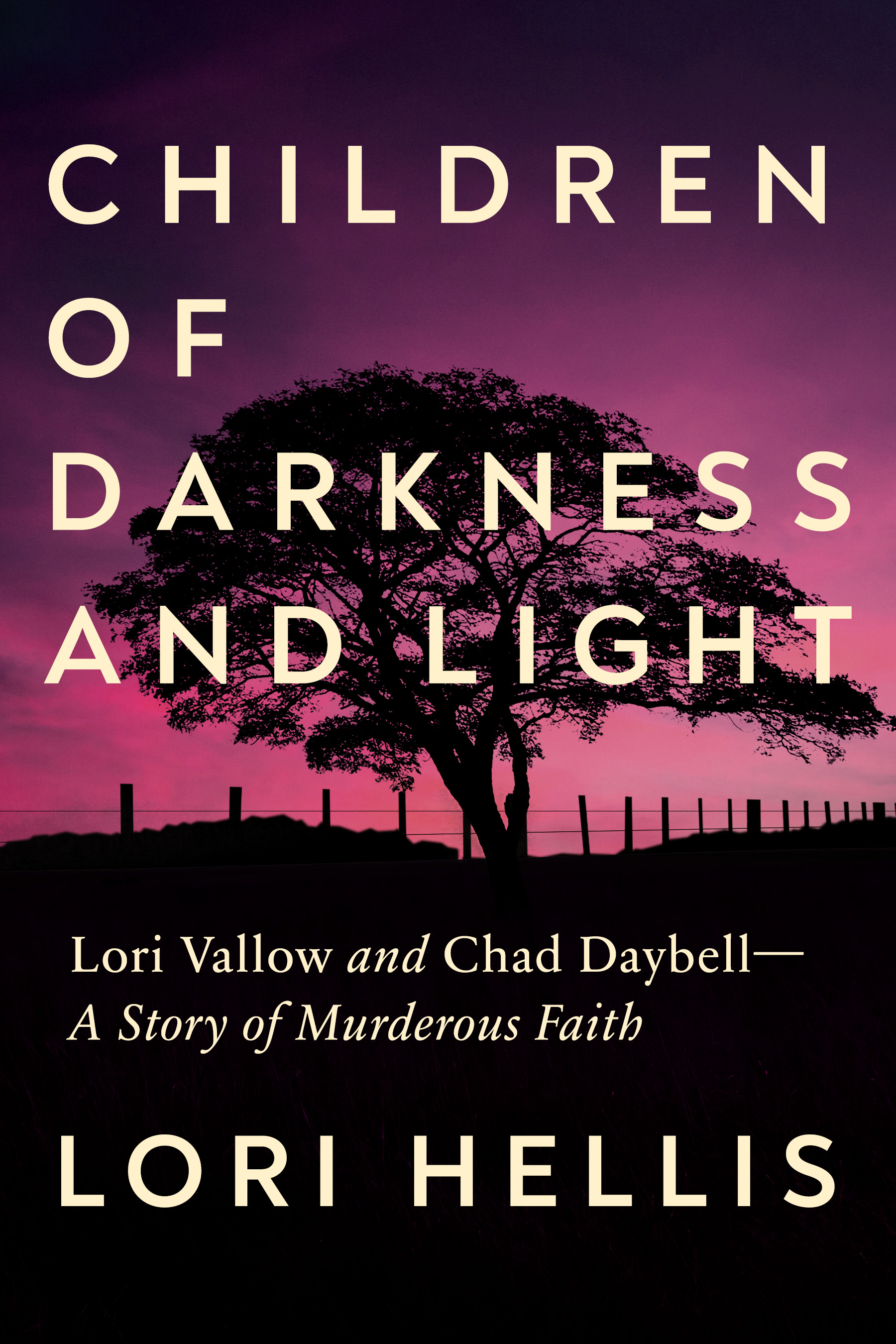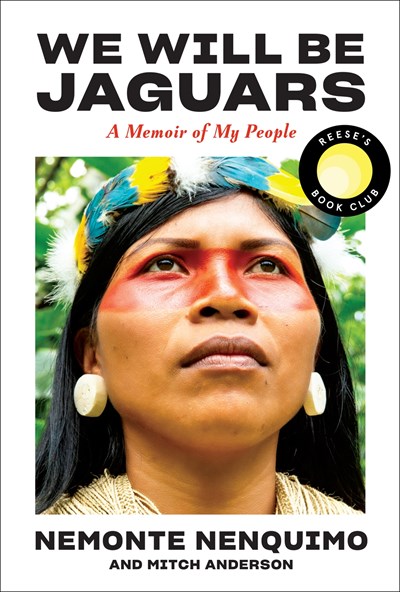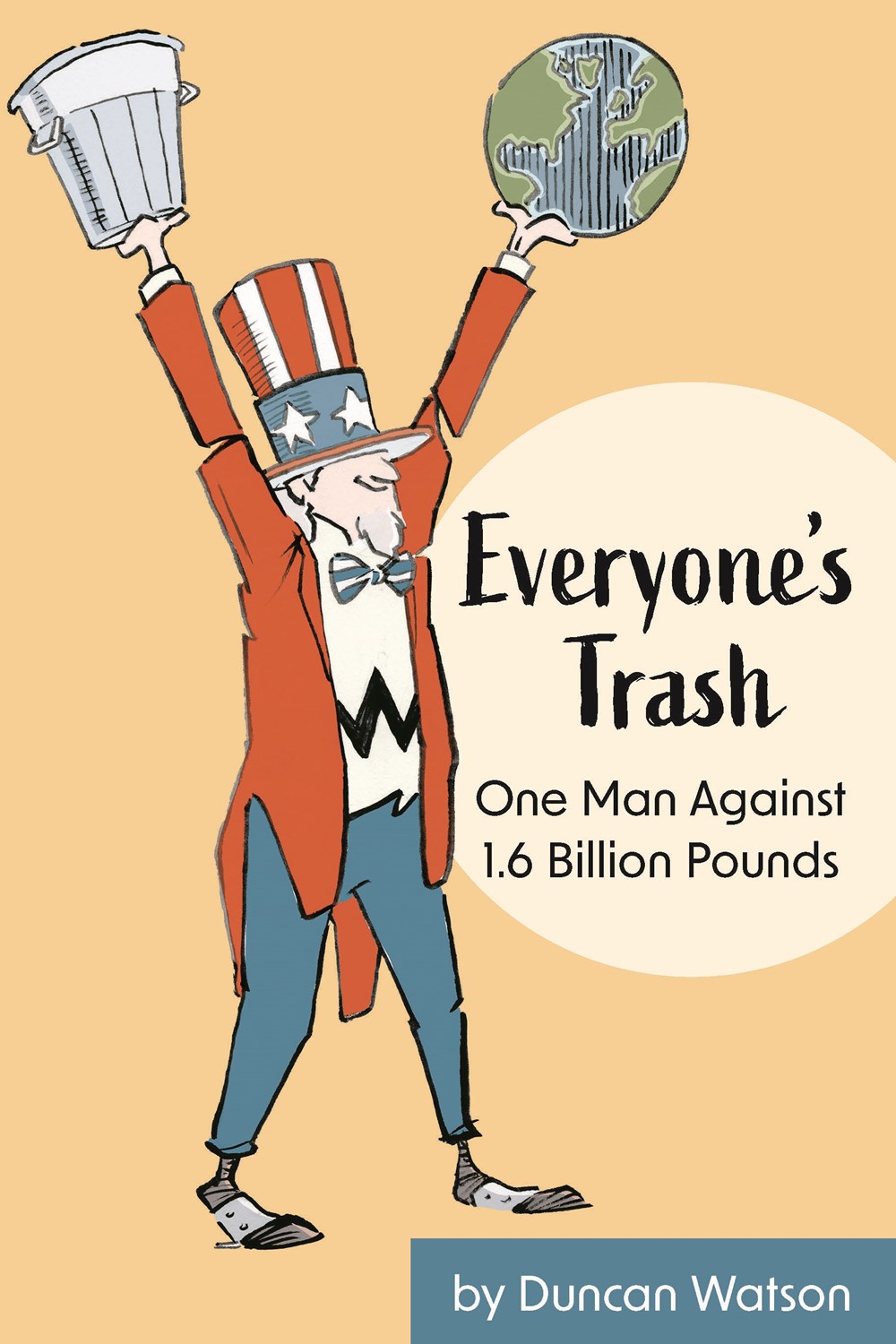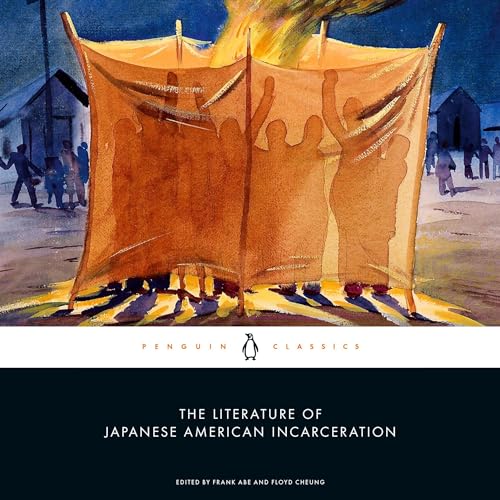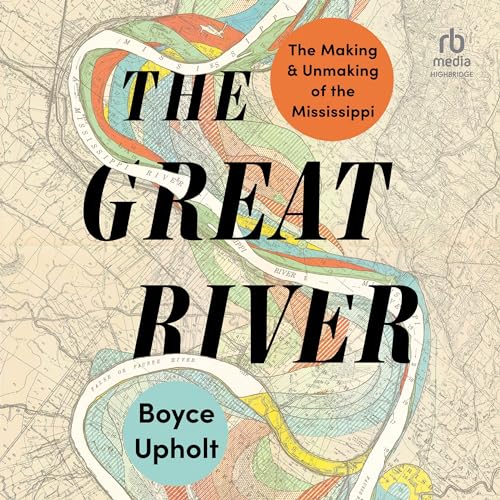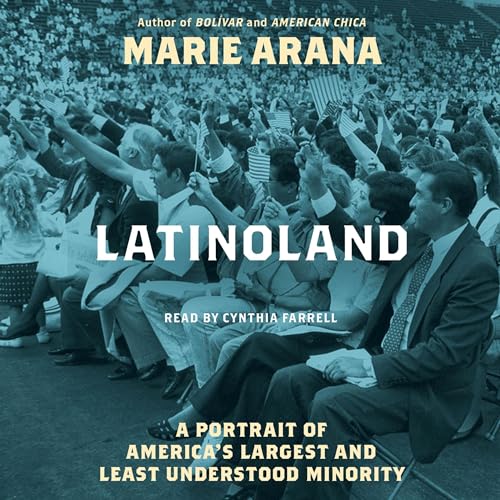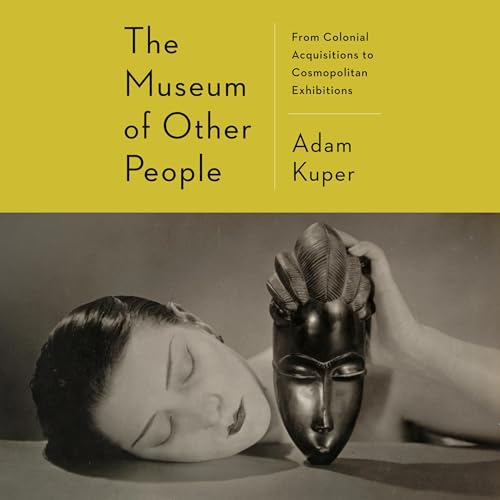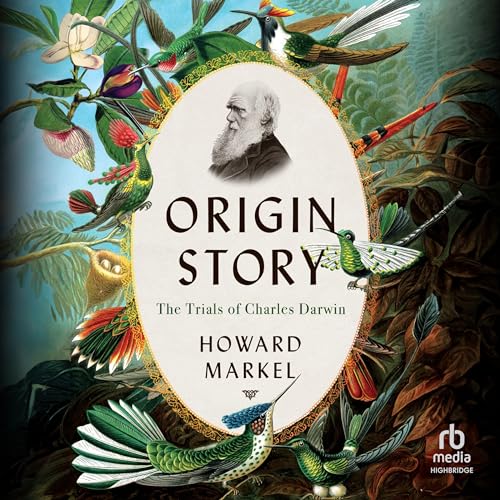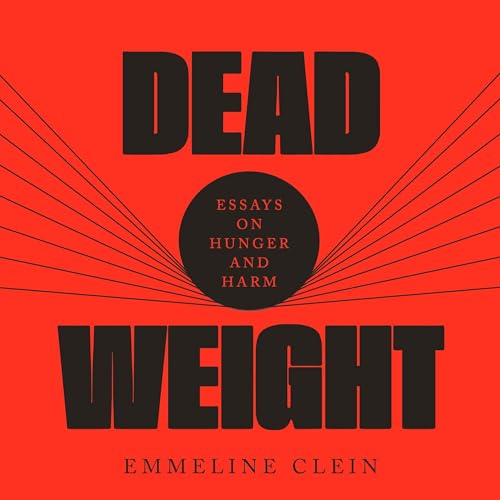Related
Drawing on both primary sources and academic theory, Maxwell makes a compelling argument that is both relevant and moving. This book will appeal most to advanced readers and researchers interested either in Carson’s life and work or the interplay between queer and environmental theory.
This first-rate in every way guide will have cooks ditching the sweet side of pies in favor of a walk on the savory side.
Kennedy’s efforts to find out what happened to Goddard after she faded from public life uncover not only personal details but also an in-depth history of the treatment of women survivors of sexual assault and other crimes. Readers with an interest in police procedure or true crime will find this book fascinating.
Hawkins’s memoir is deeply reflective and transparent about his personal story and family history, sharing the love, restrictions, violence, and trauma he experienced throughout his life as a Black man living in a post–civil rights movement world. This work is vitally important and essential to understanding the magnitude of the impact of racism and violence.
A distinctive, memorable story that powerfully shows what it takes to survive as a political prisoner in the U.S. Pair with Better, Not Bitter by Yusef Salaam, one of the Central Park Exonerated Five.
This well-rounded book on the many uses of tinned fish is sure to delight cooks new to this form or long term aficionados.
An often-overlooked need gets a gorgeous entry that will inspire solo cooks to make memorable dishes.
Insightful, but not as revolutionary as The Shallows, as Carr is now one voice among many warning about social media.
A beautifully written and gripping narrative with a focus on detail and insight into the people involved.
A must-purchase for academic libraries with extensive Southern history or women’s studies collections. Public libraries in the South that are interested in regional history or agricultural heritage will also find this title of high interest.
This recommended philosophical exploration of the current human labor cost of AI deepens the conversation around the promise and future of this type of technology.
Many details of Christophe’s life remain murky, but Daut’s research is outstanding. She has unearthed new sources in Caribbean and European archives, and she weighs all evidence carefully and reaches judicious conclusions. This book’s depth of detail may daunt general audiences, but it is a must-read for scholars.
A welcome contribution to the study of Roman law and Cicero. Osgood aptly demonstrates how the Roman government, guided by Cicero, sought to reinstall its system of law and order to reassure long-suffering citizens who had endured a protracted, unprecedented era of civil discord.
There are a number of excellent vegan cookbooks on the market, but fans of Howell’s restaurant and those interested in auditioning a more plant-based approach to eating will be enticed by the warmth and passion Howell infuses into her writing.
Heath’s clear writing will appeal to business readers, but there’s enough research to give the book some academic heft as well. Its focus on making business changes that can have a lasting impact on employees separates the book from other titles about organizational change.
Albertus, who advocates progressive values, has written a book that will be of interest to readers interested in how liberal goals can be achieved through land reform, as well as those interested in changes to land ownership in such places as South America, Australia, India, and Italy.
Scholarly, accessible, and engaging, this superb study will appeal to most history lovers, especially in an age where ethnic cleansing is common. A historical quest that’s also a riveting story that’s seldom heard.
While this isn’t a ground-breaking cookbook, it will please fans of the Elkaffases’ social media presence and readers who are looking for beautifully showcased Mediterranean dishes.
Sklansky’s impactful, crisply written study makes a cogent argument for criminal justice reform as a means to preserve U.S. democracy. Readers interested in criminal justice reform and the legal system will enjoy checking out this title.
This well-written and engaging memoir is recommended for readers wishing to better understand the experience of mental illness or anyone who can relate to Epum’s search for belonging.
Written in beautifully evocative prose, this book deserves a place on the shelf of everyone interested in Viking history.
Sandor Ellix Katz’s James Beard Award–winning The Art of Fermentation (cited in Cooper’s bibliography) remains a touchstone on the topic, but the context Cooper provides on this subject as well as the book’s insight into techniques and in-depth instructions make this a valuable introduction for any home cook hoping to channel their inner Bill Nye the Science Guy in the kitchen.
PREMIUM
In Defense of Partisanship
This useful and timely study can serve as a textbook for American government courses and for politically engaged citizens.
While the subject matter is difficult, the tone is enlightening and sympathetic. Suggest to readers interested in mental health and memoirs.
This profound book provides a valuable way of considering a future in which humans collude with nonhuman symbionts. Will appeal to scholars in disciplines ranging from philosophy and computer science to neuroscience and evolutionary biology.
This introduction to Swiss suppers will be welcome in larger cookbook collections, a community with Swiss heritage, or those that focus on armchair travel.
This one-of-a-kind cookbook will inspire many to study their own roots and explore their culinary heritage.
A stunning debut memoir and celebration of an unconventional family that will appeal to readers interested in offbeat family memoirs and humorous nonfiction. Give to readers who enjoyed Did Ye Hear Mammy Died?? by Séamas O’Reilly.
A challenging read, but incredibly well-written. This book will be an asset to any library’s LGBTQIA+ collection.
An excellent library purchase that’s holistic and empowering. Readers are sure to cherish this title’s authenticity, action steps, and key takeaways.
Baker’s book demonstrates how the entrepreneurial spirit evolved in the U.S. to create today’s gig economy. It will appeal to both entrepreneurial readers and students of the history of entrepreneurship.
The book’s psychological lens provides a unique perspective for regular readers of astrology, and the quippy title will surely snag the astrology-curious; both will find a supportive, engagingly written, and informative discourse.
This important work highlights a little-known dimension of Sherman’s march and will be of interest to readers of Civil War and emancipation history.
Instead of laying out a political critique, Fielder makes capitalism’s role in childbirth feel personal, underlining the emotional and ethical demands of the field. Her book offers a powerful call for more compassionate policies and practices, which highlight the importance of dignity, autonomy, and support for individuals in this profoundly personal journey.
A powerful call to action for readers who seek to understand transfeminism or to participate in broader LGBTQIA+ liberation movements.
Readers who enjoy educating themselves through intelligent, in-depth reporting on science and nature topics will relish this collection.
This title expertly shows that breaking bread together can be a joyful experience without the roast. It is a well-written addition to the literature of food ethics.
Smith’s passion for coral reefs, their inhabitants, and their protection shines through in this gorgeous, fascinating, informative, immersive book. Divers (and readers who would rather appreciate remote underwater habitats from the comfort of home) will cherish this book.
This insightful book is filled with hard-hitting arguments. Beiser successfully makes the case that society can’t mine and recycle its way to sustainability; instead, humans must consume less.
A unique, scholarly take on fast capitalism. González challenges readers to take vigorous social actions against the religion of consumerism that’s embodied by companies such as Disney, Amazon, and Starbucks.
This critique of online dating platforms serves as a powerful wake-up call about how far society needs to go to disrupt racist narratives, stop microaggressions, and change how racist and sexist double standards are operationalized.
Cuadros offers a sympathetic, nuanced portrayal of the Cinta Larga people and their modern history; recommended for all libraries.
The pictures and illustrations add to this book’s allure and ultimately make this a one-of-a-kind treasure. It’s a recommended work that’s easy to read and sure to attract general readers drawn to water and the outdoors, as well as researchers and environmentalists.
For readers wanting to know more about how tattoo professionals learn their trade, build their business, and develop as artists. With its discussion of the cultural aspects of tattooing, plus its images, Kiskaddon’s book will also appeal to readers interested in cultural studies.
This is an excellent introductory resource that complements the 2024 Sage Encyclopedia of LGBTQ+ Studies, 2nd Edition, edited by Abbie E. Goldberg.
This well-organized, well-researched, encouraging narrative looks at the work of reforestation on both the global and the local scale.
Carnall takes Perry’s historical work and reimagines it in such a spellbinding way that the mollusks seem magical, yet the text remains committed to the clear-eyed science surrounding these creatures’ role in evolutionary history, ecology, and more. This book will occupy loving space on any bookshelf or coffee table.
Readers don’t have to know anything about plants or have a green thumb to enjoy this title about nature therapy and the impact it can have on one’s health. City planners and public health policy makers can benefit from reading this book as well.
This title would be a great fit for readers who care about nature and conservation, those who enjoy the magic of language and love the power of words, and everyone in between.
A well-written book that can fit in history, social sciences, and performing arts collections and will interest audiences of varied ages.
PREMIUM
Magically Black and Other Essays
Walker’s reflections are honest with trappings of anger, regret, and growth. Readers who enjoyed his previous titles will savor this one, as will new readers, who will want to read his previous works.
Recommended for libraries with an interest in policing, social policy, privacy issues and technology.
Rich with information and buzzing with conviction, this is a memorable and skillful graphic adaptation.
PREMIUM
The Craft of Research
This reference guide is an accessible addition to any undergraduate reading list, but it will be particularly useful for social sciences students. It is well-written, clearly structured, and easy to read and use.
Deliberately off the mainstream, this engaging collection of intellectual, approachable essays is both a good entry point for those readers unfamiliar with Graeber’s work as well as a worthwhile read for audiences who know his writing well.
A comprehensive, cross-disciplinary study of circumcision. It might become the standard and authoritative book on this topic.
A powerful, necessary read and crucial contribution to the conversation on hunger and inequality that demands to be read with an open mind and a compassionate heart. It offers a fair, unflinching examination of the structural forces that drive hunger in the United States.
Well written and full of refreshing details, this economic picture of the early United States is a must for readers.
A fascinating and alarming look at authoritarian cooperation. Will appeal to readers interested in political science and the preservation of democracy.
A worthy read for people interested in the role sensationalized news media plays on public life and discourse.
PREMIUM
Analog Superpowers: How Twentieth-Century Technology Theft Built the National Security State
Hard-core military historians and tech law aficionados will appreciate this thoroughly researched book.
Readers who enjoy true crime will love this chance to go beyond the headlines and discover the whole story of the horrors that landed this couple in prison. Daybell was sentenced to death; Vallow’s sentence was life without parole.
This stunning memoir offers compelling details about Nenquimo’s parallel journeys from student to activist and from child to mother, in a way that will appeal to readers of many generations.
This book usefully illustrates both the history and the current state of waste disposal in the U.S., but some parts are unfocused or seemingly cut short.
A must-listen, providing insight into the imprisonment of Japanese American people and suggesting connections to current sociopolitical battle lines. Those interested in furthering their knowledge will want to check out Only What We Could Carry, edited by Lawson Fusao Inada, or Abe’s We Hereby Refuse, coauthored with Tamiko Nimura.
Upholt’s thought-provoking natural history considers the past and the possible future of the Mississippi River. An excellent recommendation for those interested in the intersection of history, the environment, and public works.
The U.S. Bureau of the Census predicts that by 2060, one in three Americans will claim Latino heritage. Their story is an American tale that deserves to be heard.
This nuanced work on the history of museums addresses debates about cultural appropriation and offers solutions to help museum workers become more adept at addressing colonial legacies. A good pairing with Bénédicte Savoy’s Africa’s Struggle for Its Art, which describes African nations’ attempts to repatriate looted artworks.
This audio will appeal to listeners seeking cinematic science biography. Recommended for fans of Markel’s previous medical histories, such as The Kelloggs: The Battling Brothers of Battle Creek.
The history and cultural perpetuation of disordered eating, especially in women, are deeply, compellingly explored. A must-buy.
This guide argues that societal, medical, and legal views of menopause need a makeover, and that people need to discuss menopause more. It thoroughly and expertly delivers details with a large dose of advocacy that could change things for the better.
Writing with an effortless élan that only a French pastry chef could have, Ansel not only offers fascinating glimpses into his life with an array of reliable recipes but also gives bakers a new way of looking at the sweet treats in their lives.
While the book’s target audience may be New England fans of the company, beginning cooks around the country will find this to be a solid introduction to how the judicious use of spices, marinades, and sauces can elevate standard dishes into something really special.
This accessible and actionable book lets perimenopausal and menopausal readers know that change to their bodies is inevitable as they age and move through these hormonal changes. Shepherd expertly empowers her audience to better position themselves to continue pursuing health, strength, wellness, good sex, and deep sleep.
This all-encompassing love letter to the mushroom will be a welcome addition to every collection and is sure to be enjoyed by casual cooks, along with those who are deeply interested in the mushroom.
PREMIUM
Why I Cook
This cultivated collection of tales from a storied culinary career will elevate cookbook shelves and deliver lots of family meals along with hours of reading enjoyment.
Another solid addition to Kieffer’s growing library of baking books, bound to be in high demand for its breadth of recipes and flavors and trending subject.
Todd Wilbur pioneered corporate recipe-duplication with his Top Secret Recipe cookbooks back in the 1990s. Home cooks with a hankering for their favorite items from grocery store aisles, fast-food chains, and more will appreciate this fun, friendly new take on the subject.
This simple approach to vegetarian dishes using Halloumi offers encouragement and confidence to help home cooks embrace a tantalizing meat substitute.
Lahey’s passion for great tasting bread and his easy, accessible recipes will inspire a new batch of bakers to try their hand at turning out artisanal quality bread at home.
Beginning and experienced bakers alike will be enchanted by Owen’s cozy Canadian brand of culinary charm, which underscores the power of baking to bring people together.
This deserves a space in collections that cater to both casual and adventurous bakers. Kourelos’s writing is approachable, and she creates a supportive space for those starting the same journey she has explored so deliciously.
A sharp, well-researched critique aimed at politically active readers who want to better understand why people believe what they believe.
Intriguing and meticulously researched, this book about Catherine of Braganza is highly recommended for readers interested in British history and royal biographies.
King loves his music and knows his history. The result is a lively, informative book on the birth and nurture of a classic.
This deeply researched and engaging account shines a light on a vital but little-known aspect of intelligence gathering. Readers interested in World War II espionage and the role scholars have played in surveillance and reconnaissance campaigns will enjoy this volume.
This gripping title will appeal to readers interested in how the lives of people with disabilities are impacted by architecture, access, clothing, employment, transportation, and mobility. It will also interest people working with or providing services as caregivers, social workers, think tanks, and more.
articles
ALREADY A SUBSCRIBER? LOG IN
We are currently offering this content for free. Sign up now to activate your personal profile, where you can save articles for future viewing
